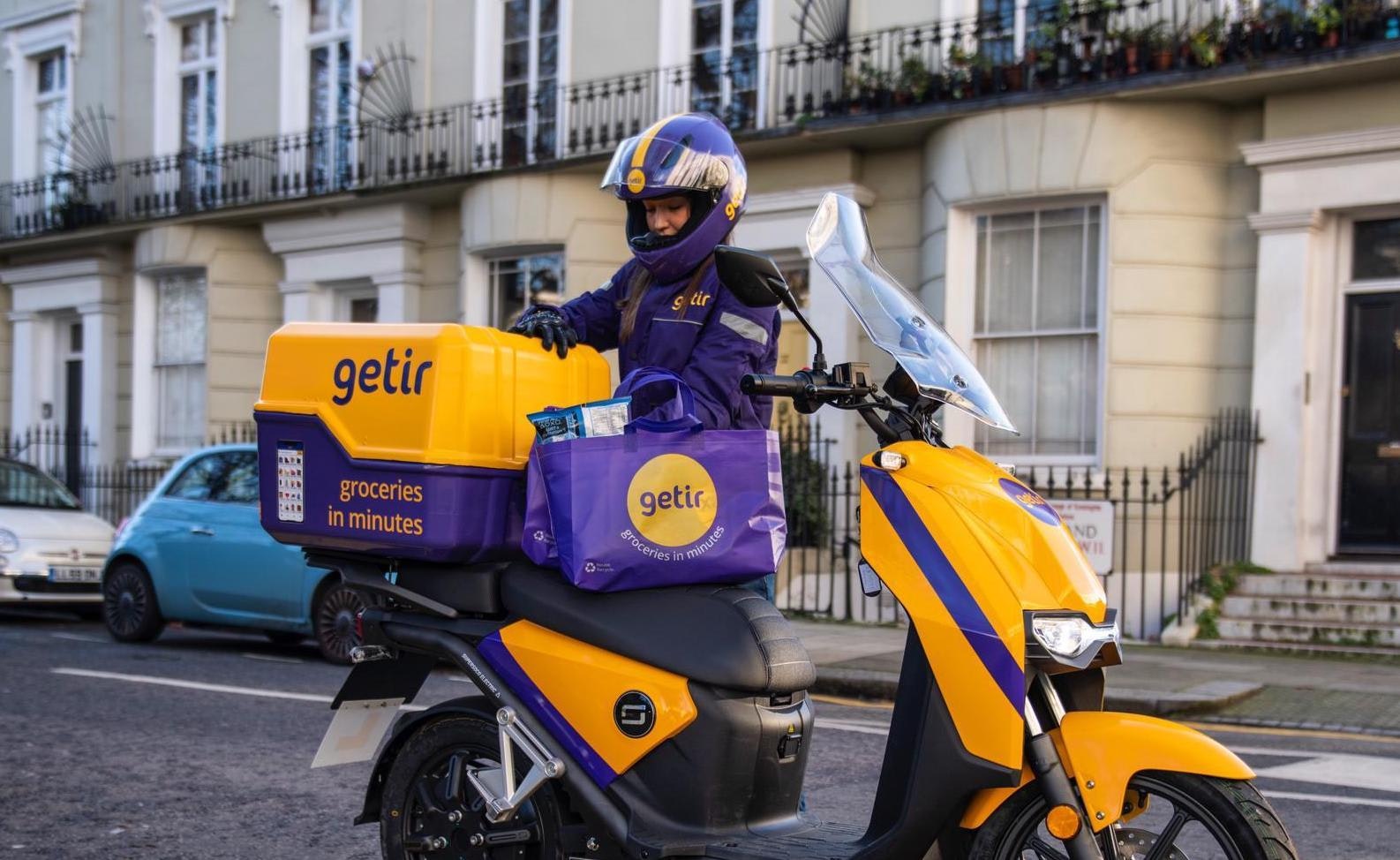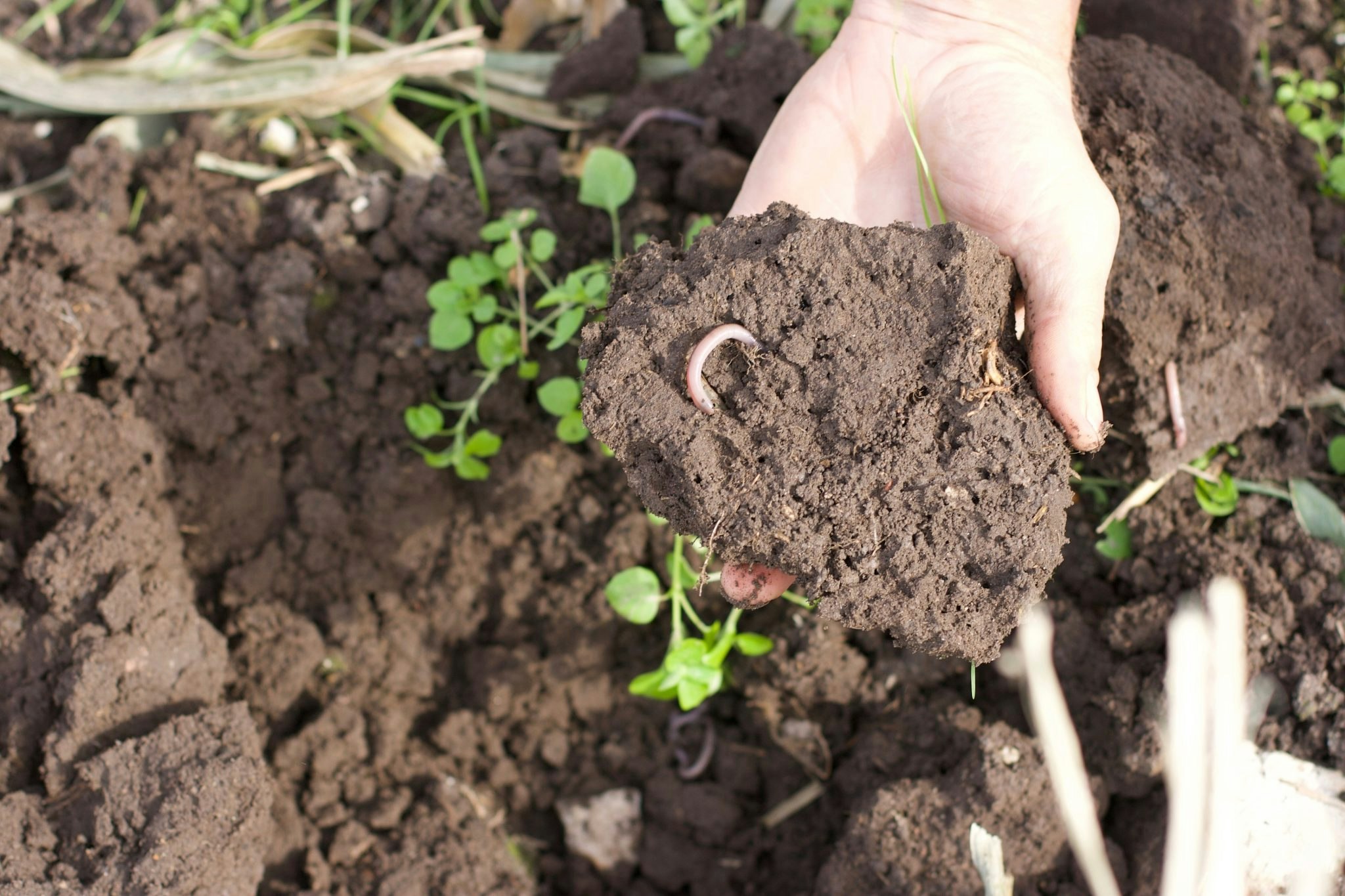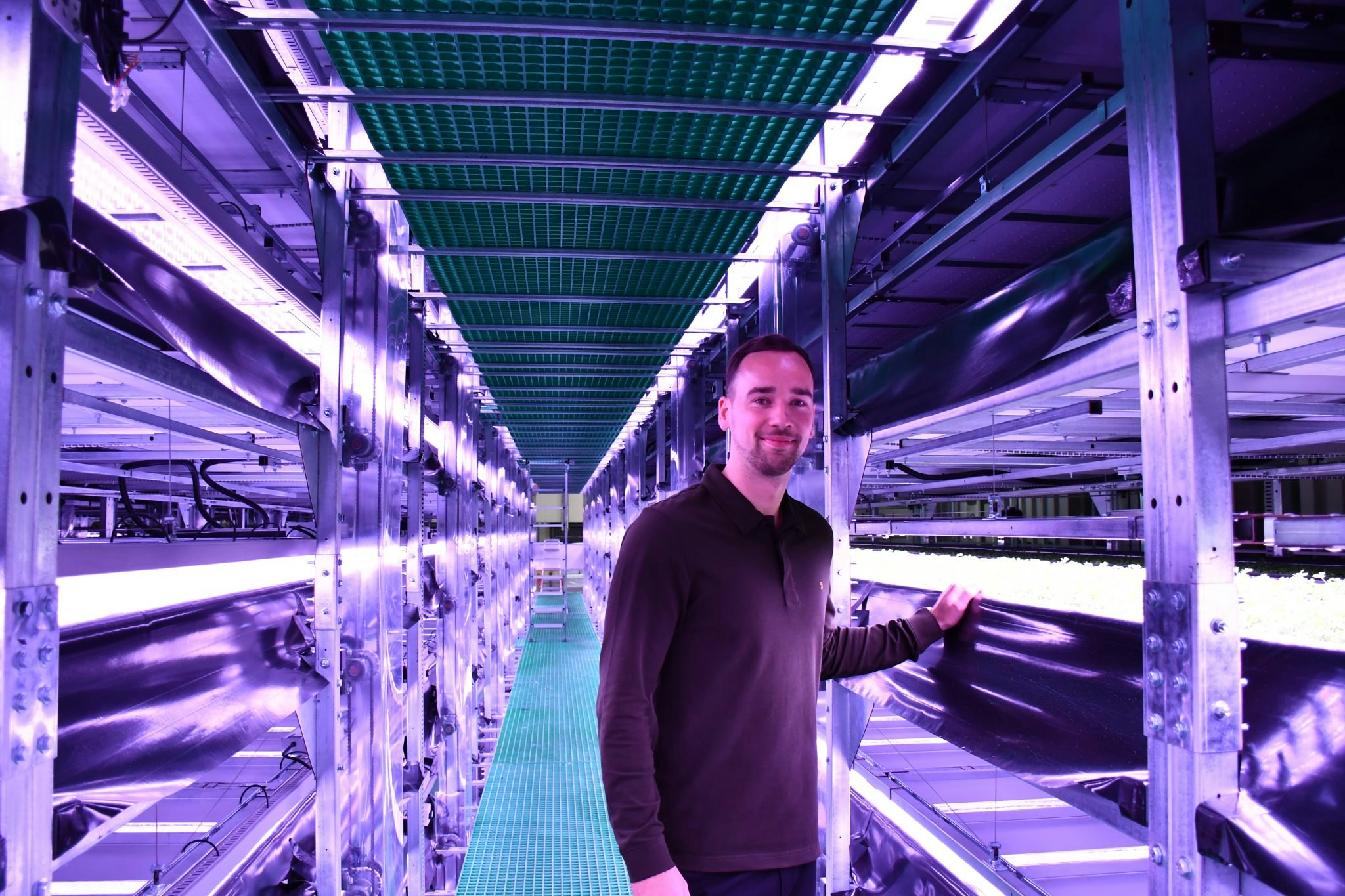Buoyed on by the pandemic and fresh investor cash, Europe’s dark kitchen industry continues to heat up — the sector’s set to be worth $1tn by 2030.
The latest dark kitchen startup to raise new funding is Curb, a one-year-old Nordic startup which currently runs four kitchens across Sweden and Denmark. The company has today announced it’s secured €20m in new funding from Point72 Ventures and EQT Ventures.
Curb’s funding follows French dark kitchen startup Taster’s $37m round in April. In January Deliveroo announced it’s set to double its number of dark kitchens, and Spanish company Glovo also continues to expand its kitchen network.
“The pandemic has put the industry ahead maybe four or five years,” says Curb’s founder Carl Tengberg.
“But I’m excited not solely because of the pandemic’s effect, but because of the inefficiencies we see that can be solved, meaning we have better concepts at lower prices and available to more people.”
Curb creates brands specifically to sell on delivery apps. It’s developed nine brands so far and Tengberg says the company has “many more” in development.
He says the success of the dark kitchen model will be built on the changing habits of younger generations, and building brands that cater to their tastes precisely is what will make companies successful.
“If out of 25 meals a week, people order 15 of those via food delivery, it has to go beyond burgers and pizza. It has to be a much more personalised experience and to offer much more choice, so what we’re trying to figure out,” Tengberg says.
To do that, they deconstruct the components needed to make a good brand, from the food itself to the marketing and visuals; as well as from what customers want to order to how the kitchen can produce the food in the most efficient manner.
Curb’s focus is on collecting data and analytics on all stages of these processes to measure precisely what works and what doesn’t. The idea is to create brands that reflect precisely what the customer wants, not what they think the customer wants, Tengberg says.
“The power of data accumulates with the amount of data. We are able to draw conclusions already but the bigger we get and the more data we get, then the more brand conclusions we can make.”
Curb isn’t the only dark kitchen startup to be heavily data focused. Kbox, the London-based company backed by Balderton and Hoxton Ventures, which develops brands in kitchens with spare capacity, has platforms to monitor food brands’ performance.
It learns what impact external events (like the weather) and promotions have on orders on delivery platforms, enabling kitchens to change their prices based on demand and better forecast demand.
Tengberg says the data approach will start to move into more traditional restaurants soon, too.
“We’re only at the very start of this but I think [that between] the way a kitchen is operating now and how it’ll be operated in 2035, we’ll see a huge shift in the definition of what a restaurant is — but also in terms of operations and what’s possible to produce in a space.”
Curb says it will use the new funding to continue developing its tech, as well investing in operations and hiring more staff. It’s looking at expanding across geographies too, both within and outside of Scandinavia.


